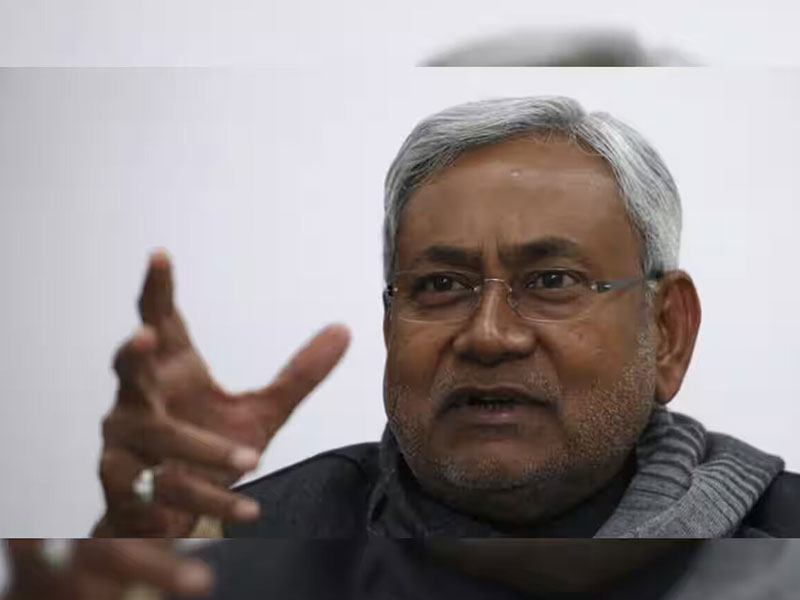The explanation of the Indian state of Bihar’s Chief Minister, Nitish Kumar, on how education played a pivotal role in guiding women in population control included some bizarre and crass statements, leading to huge criticism of the leader as the video of his speech went viral on social media.
The Bharatiya Janta Party (BJP) sharply reacted to Kumar’s comments, calling them an “attack on the dignity of women.”. The chairman of the National Commission for Women said that the remarks were “crass.”.
Nitish Kumar was addressing the Bihar legislative assembly amid the tabling of the caste census report. The chief minister stated in his address that an educated woman is able to prevent pregnancy after sex, which keeps population growth in check.
After his remarks on women’s awareness regarding contraception, the NCW chairperson said, “NCW on behalf of every woman in this country demands an immediate and unequivocal apology from the CM. His crass remarks in the Vidhan Sabha are an affront to the dignity and respect that every woman deserves. Such derogatory and cheap language used during his speech is a dark stain on our society. If a leader can make such comments so openly in a democracy, one can only imagine the horror the state must be enduring under his leadership. We stand firm against such behaviour and call for accountability.”
However, Bihar Deputy CM Tejashwi Prasad Yadav came in defence of Nitish, and said, “One must not take it in the wrong sense. People are sometimes embarrassed talking about it but sex education is taught in schools. It’s biology, children study it. He was talking about population control, people should not misinterpret it.







